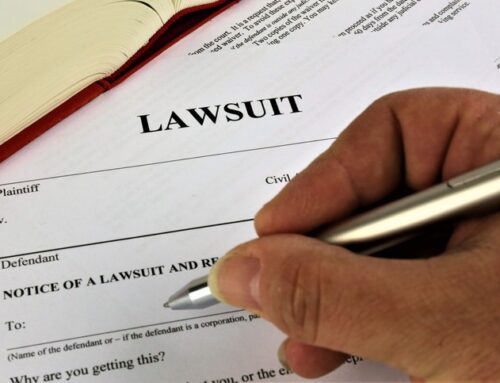
Served with an Eviction? The Law Office of Brian P. Kowal, PA is waiting to help you fight, stay or delay eviction. Do not wait until it’s too late.
How Should a Tenant Respond to an Eviction?
After they are served with a 3 day notice, they can pay or vacate the property. If they decide not to pay but remain in the property, the Landlord can file a Complaint.
The Tenant has 5 days to respond. However, they may disagree with the amount. If they do, they should deposit the rent they believe is owed into the Court Registry. In addition, they should file a Motion to Determine Rent.
Upon filing the Motion as well as depositing the rent, the Court will order Mediation. This has proven to be an effective process. It allows the Landlord and the Tenant to resolve any and all issues.
A Motion to Determine Rent should only be filed if the Tenant is disputing the amount that is owed. If they disagree, they should still deposit the past due rent. A Tenant must deposit rent during the case. Failure to do so can result in a Judgment.
Final Hearing on Eviction
This occurs if the case does not get resolved at Mediation. At the Hearing, the Landlord and Tenant will present their arguments to the Judge. If they find in favor of the Landlord, a Judgment will be entered. Thereafter, the Clerk will sign a Writ of Possession directing the Sheriff to post a 24 hour notice on the door. A Tenant can file a Motion to Stay if they have a legitimate defense to the Writ.
If the Court finds in favor of the Tenant, they can remain in the property and recover their fees. In addition, they may award the rent that is in the Registry to them as well.
If you are a Tenant and need to Respond to an Eviction, contact the Law Office of Brian P. Kowal, PA at (954) 990-7552. We will answer any questions you may have regarding your rights.






[…] Defense against Eviction Lawsuits for Failure to Pay Rent or for Violations of the Lease unrelated t…. 2. Sue Landlords that fail to return the Tenant’s Security Deposit in violation of Florida […]